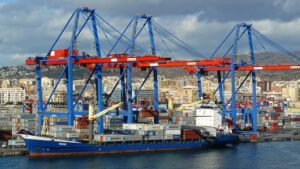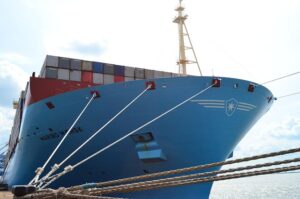Modular shipping containers are transforming global logistics with their unparalleled versatility, efficiency, and adaptability. Standardized dimensions like ISO containers simplify storage and transportation between sea, rail, and road networks, reducing downtime and costs. Their customizable accessories make them suitable for various industries, from construction to e-commerce fulfillment and emergency relief efforts. The growing demand for eco-friendly solutions and a robust rental market is driving the future of shipping containers, which are expected to play a crucial role in optimizing global logistics while minimizing environmental impact.
Modular shipping containers are transforming logistics by offering unparalleled versatility. These innovative structures, designed for easy assembly and reconfiguration, provide a dynamic solution for various industries. With their modular nature, they can be swiftly adapted to accommodate changing needs, from temporary storage to specialized transport. This article explores the benefits of this technology, its real-world applications, and its potential to revolutionize logistics with enhanced sustainability.
- Understanding Modular Shipping Containers: Unlocking Versatility
- The Benefits of Easy Assembly and Reconfiguration
- Applications: Where are they Making an Impact?
- Future of Logistics: Sustainability and Beyond
Understanding Modular Shipping Containers: Unlocking Versatility
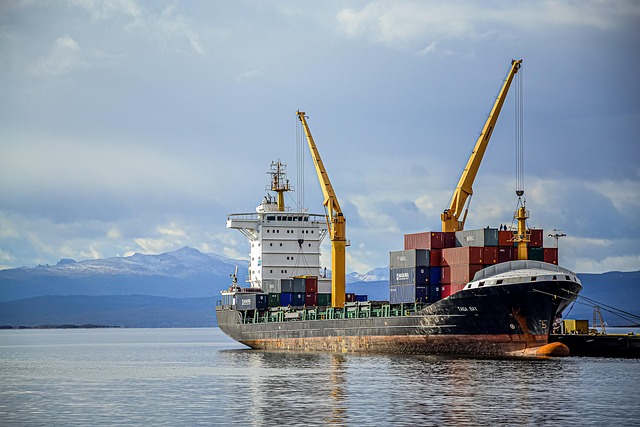
Modular shipping containers represent a paradigm shift in the logistics and transportation sector, offering unparalleled versatility and efficiency. These innovative structures are designed with a fundamental understanding that the world of trade is dynamic and ever-changing. By embracing this concept, modular containers provide businesses with a flexible solution to keep up with the constant evolution of global supply chains.
Each container is meticulously crafted to fit seamlessly into various intermodal shipping systems, allowing for easy transport by sea, rail, or road. This interoperability ensures that cargo can be swiftly moved between different modes of transportation without the need for reloading, significantly reducing turnaround times and costs. With their standardized dimensions, such as ISO shipping containers, these modular units also simplify storage at shipping container depots, making them a reliable choice for many in the industry.
The Benefits of Easy Assembly and Reconfiguration
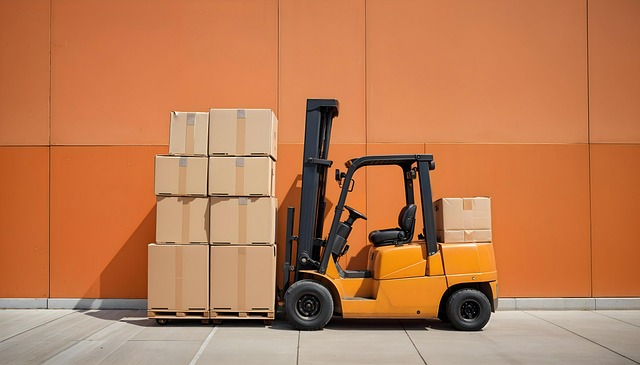
Modular shipping containers offer a myriad of advantages when it comes to efficient logistics and flexible storage solutions. One of the key benefits is their ease of assembly and reconfiguration. With simple, standardized components, these containers can be quickly and securely assembled at the origin, then disassembled and reassembled at the destination, making them ideal for various applications. This feature allows businesses to adapt swiftly to changing market demands, as they can easily modify the layout and configuration of their storage spaces.
Whether it’s a matter of expanding or downsizing operations, intermodal shipping containers provide a cost-effective and time-saving solution. They are not limited to sea shipping containers or cargo shipping containers; various types, including ISO shipping containers, offer different capacities and dimensions to suit diverse needs. This versatility is further enhanced by the availability of shipping container accessories and modifications, allowing for customized storage and transport solutions. As a result, businesses can optimize their logistics, reduce downtime during transitions, and stay ahead in the dynamic shipping container industry trends.
Applications: Where are they Making an Impact?
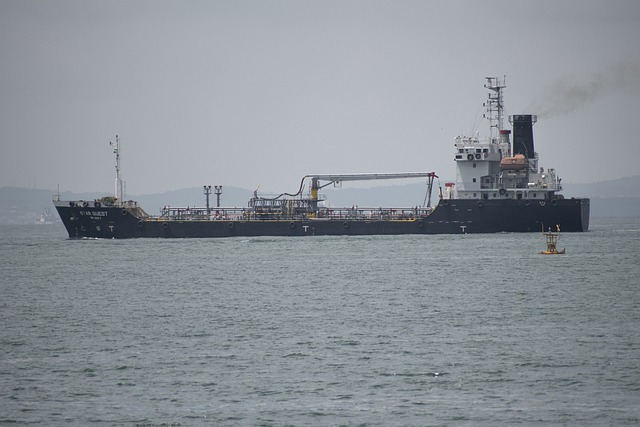
Modular shipping containers are transforming various sectors by offering versatile and efficient solutions for transportation and storage. Their impact is evident across industries, from construction sites to emergency relief efforts and e-commerce fulfillment centers. In the logistics sector, intermodal shipping containers play a pivotal role in streamlining global trade, enabling seamless transport between sea, rail, and road networks. This versatility allows businesses to optimize their supply chain operations by efficiently moving cargo worldwide.
The applications of these containers extend beyond traditional cargo shipping. Many companies are leveraging the robust design of ISO shipping containers for temporary on-site storage during events or construction projects. As a result, shipping container rental and leasing services have gained significant traction in recent years. Moreover, with customizable modifications, accessories, and storage solutions available, organizations can tailor these containers to their specific needs, contributing to the growing popularity of shipping container logistics.
Future of Logistics: Sustainability and Beyond

The future of logistics is increasingly shaped by sustainability and innovation, with modular shipping containers at the forefront of this evolution. As the demand for efficient and eco-friendly transport solutions grows, intermodal shipping containers are revolutionizing cargo shipping. These versatile, ISO-standardized vessels offer a wide range of benefits beyond simple storage and transport, transforming how businesses manage their supply chains.
Beyond their initial purpose as sea shipping containers, they can be easily reassembled and modified for various purposes, making them valuable assets for warehousing, events, and even emergency shelter. Shipping container rental and leasing services are expanding to cater to these diverse needs, while manufacturers continue to explore new ways to enhance their durability and reusability. The shipping container industry trends point towards a more sustainable and flexible future where these modular units play a pivotal role in shaping logistics worldwide, reducing environmental impact and optimizing resource utilization.
Modular shipping containers, with their innovative design and ease of assembly, are revolutionizing logistics. By offering quick reconfiguration options, these containers enhance versatility, making them ideal for various industries. As we look towards a more sustainable future, the eco-friendly nature of modular containers further solidifies their role as game changers in global trade. Their applications continue to expand, promising an efficient and adaptable supply chain for years to come.







